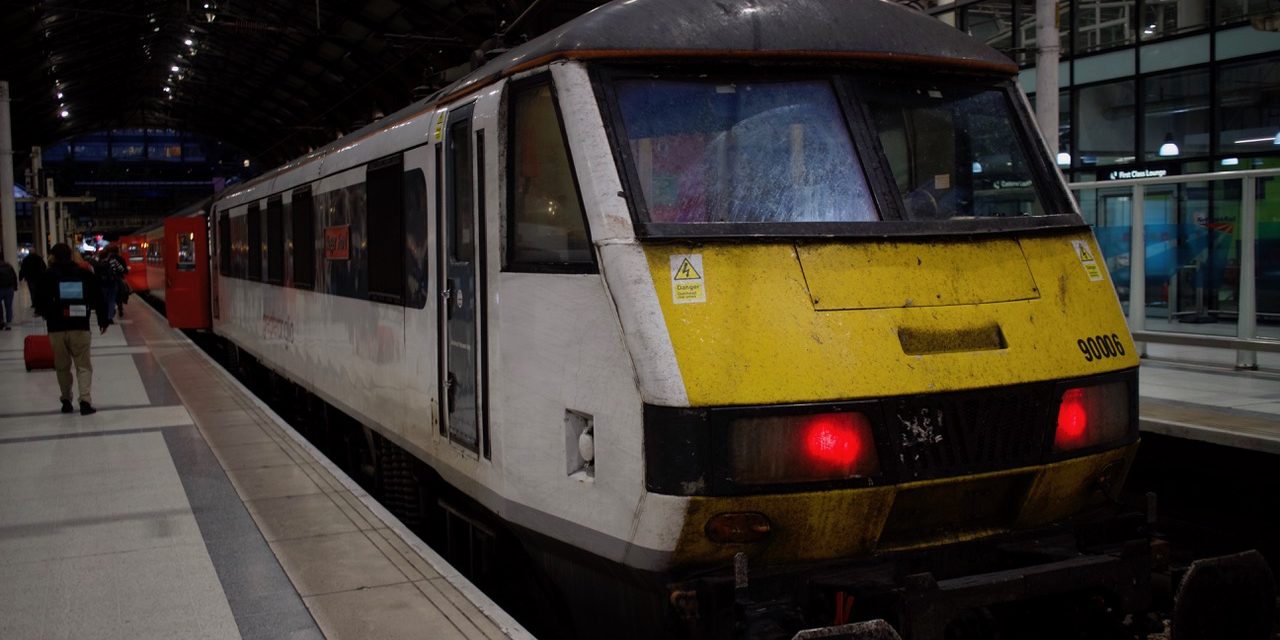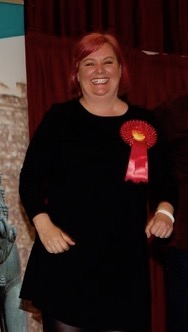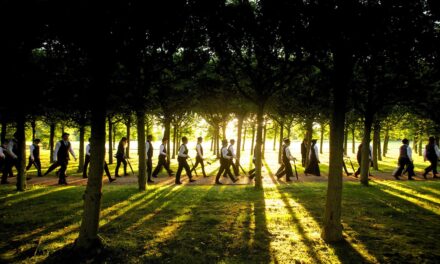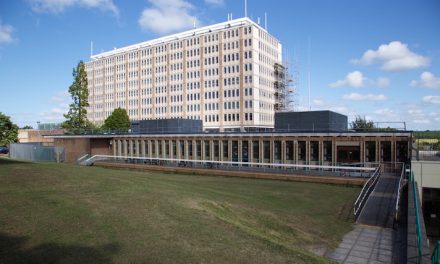Norwich line locomotive – photo © Julian Swainson 2019
Labour has announced the biggest ever cuts to rail fares in England of 33% in a move that will save the average commuter over £1000 a year. Today’s (Monday’s) announcement follows reports over the weekend that rail fares are set to rise again by an average of 2.7% next year.
In Norwich North, commuters will be paying significantly less under Labour than the Tories. Between Norwich and London next year seasons will be £5,559.84 with a Labour Government or £8,660 with the Tories. That’s a saving of £3,100.16 per commuter with Labour.
Across England, Labour’s plans for an integrated railway under public ownership will:
Cut regulated rail fares by 33% from January 2020, saving the average commuter £1097 a year
Guarantee fair fares for part-time workers
Deliver a simple, London-style ticketing system across the nation
Make rail travel free for those 16 years old and under
Most commuter fares including peak time fares and season tickets are regulated fares, which make up almost half of all tickets sold, and will be reduced by 33%, the biggest ever reduction in rail fares, to tackle the crisis of unaffordability on the railway and give relief to millions of rail commuters from years of excessive price rises.
Labour will guarantee fair fares for part time workers by ensuring that workers who commute fewer than 5 days a week pay no more per journey than full-time workers who use weekly season tickets – meaning part-time workers will see their fares cut by more than a third.
Labour will also deliver wholesale reform of fares and ticketing, replacing the current system with a simple, London-style ticketing system across the nation, delivering contactless payments and creating zonal rail fares that will apply across all modes of public transport.
Rail travel will be made free for those age 16 years old and younger to encourage young people to use public transport, tackle generational inequality and make family holidays more affordable.
Labour’s plan for an integrated railway under public ownership will deliver easy and affordable access to sustainable public transport to boost economic growth and reduce road traffic to tackle congestion, air pollution and climate emissions.
Karen Davis, Labour candidate for Norwich North, said:
“This will go a long way to redress the balance after years of rip-off fare increases. A better deal on commuter fares is long overdue, fares have gone up by 40% since 2010, more than double the rate of wages increases in the same period”.
Jeremy Corbyn, Leader of the Labour Party, said:
“Travelling by train is my favourite way of getting around the country but for too long a fragmented and privatised rail system has ripped-off passengers.
Taking back control of our railways is the only way to bring down fares and create a railway network that is fit for the future.
Labour will bring about real change on the railways because we are on the side of passengers.”
Andy McDonald, Labour’s Shadow Transport Secretary, said:
“Privatisation has created one of the most complex, exploitative and expensive ticketing systems in the world. Labour will scrap the bewildering and outdated fares and ticketing system that discriminates against part-time workers, discourages rail travel and excludes the young and low paid.
“Labour is on the side of passengers which is why we will introduce a simpler, fairer and more affordable system for all, integrated with other forms of public transport. Rail passengers who want to save hundreds or thousands of pounds next year need to vote Labour on 12th December. Labour will deliver a railway in public ownership for the many, not the few.”
33% cut to regulated rail fares
From January 2019, regulated rail fares will be 40% higher than in 2010 having risen at more than twice the rate of wages.
Around 45% of fares on National Rail are subject to regulation (by the Secretary of State in England, Welsh Minister in Wales and Scottish Ministers in Scotland); the remainder are unregulated. Regulated fares tend to be on commuter routes where commuters have few practical alternatives to rail. Regulated fare types include season tickets and a proportion of Anytime Day, Off-Peak and Super Off-Peak fares. – House of Commons Library Briefing on Rail Fares, 30 November 2018
Decisions on whether to fund rail fare reductions in Scotland and Wales are a matter for the devolved governments. This policy clears the way for Scotland and Wales to follow suit if they wish. In the meantime the fare reduction will apply to rail journeys wholly or partly within England.
The privatised railway has created an expensive, bafflingly complex range of 55 million rail fares. “There are now around 55 million different fares.” https://www.raildeliverygroup.com/about-us/priorities/fares-reform-proposals.html
Labour will create rail fares that are simple, fair, affordable and transparent. The fragmented nature of the privatised railway frustrates the coordinated reform required to implement reform of fares and ticketing and integration across public transport. The next Labour government will work with local transport authorities to define ‘islands’ within which zonal rail fares apply across all modes of public transport, with an affordable daily price cap so travellers can Pay-As-You-Go using bank cards or mobile phones.
Longer distance rail journeys will form ‘bridges’ between the islands, for trips where passengers need to know the price in advance to judge whether to flex their journey time to get off-peak rates. Fares for these journeys will become simple and transparent, with mainly distance-related, ‘single-leg’ pricing, where the return price is always the combined outward and return leg prices. Apart from higher ‘peak’ prices other complexities will be wiped out.
Fair fares for part time workers
Labour will guarantee fair rail fares for part-time workers by ensuring they don’t pay more per trip than holders of weekly season tickets.
The current system of rail fares disadvantage part time workers who commute or would like to commute by rail. A person who commutes by rail fewer than 5 days a week must either buy a whole week season ticket or purchase individual tickets, meaning the per journey cost is higher than for a person who commutes 5 days a week using a season ticket. This practice disadvantages part-time workers by making them pay over the odds or by pricing them off the railway altogether. Labour will reduce the cost of single peak fares to 1/10th the cost of a whole week season ticket, so part-time workers will no longer incur higher per journey costs than full-time workers.
Free travel for those aged 16 and under
Free rail travel for under 16s will reduce generational inequality, encourage lifelong use of public transport, increase educational and leisure opportunities and make holidays more affordable for families.
Labour forecasts indicate that £1.5 billion per year will be spent on this policy, based on regulated fare revenue data from Office of Rail and Road and single/weekly season price ratios from the National Fares Manual. This funding will come from existing DfT budgets, drawn from Vehicle Excise Duty (VED). VED is forecast by the Office for Budget Responsibility to raise £6.5 bn in the 2019-20 financial year and is due to be hypothecated by the Conservative government to major new road-building projects from 2020, whilst excluding repair of potholes and other road maintenance.
The next Labour government will expand this hypothecation of VED to form a sustainable transport fund for rail and other sustainable modes of travel and to address the pothole backlog. If this money were to be spent on road building it would increase traffic, congestion and carbon emissions, the opposite of what is needed to reach the UK’s commitment to climate targets and to clean up polluted air.
The present regulated rail fare income is £3.3 bn/yr and total rail fare income from all types of fares is £9.8 bn/yr.)
(ORR 2019 UK Rail Industry Financial Information 2017-18 Figure 1.4, p.2 and Figure 1)
Under the Tories, based on the current rate of inflation, from January 2020 the average commuter would be paying £3,064 for their season ticket, £870 or 40% more than in 2010.
Labour will cut season tickets by a third and bring franchises into public ownership. This will save the average commuter £1,097.







Recent Comments